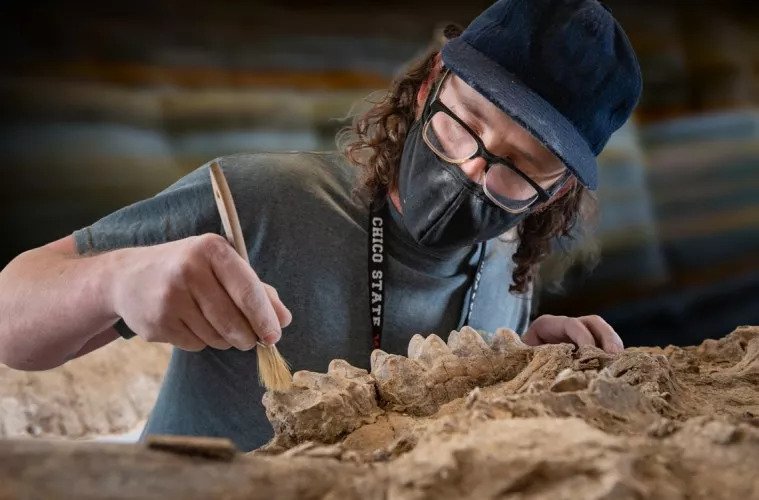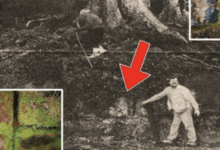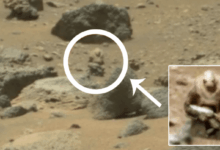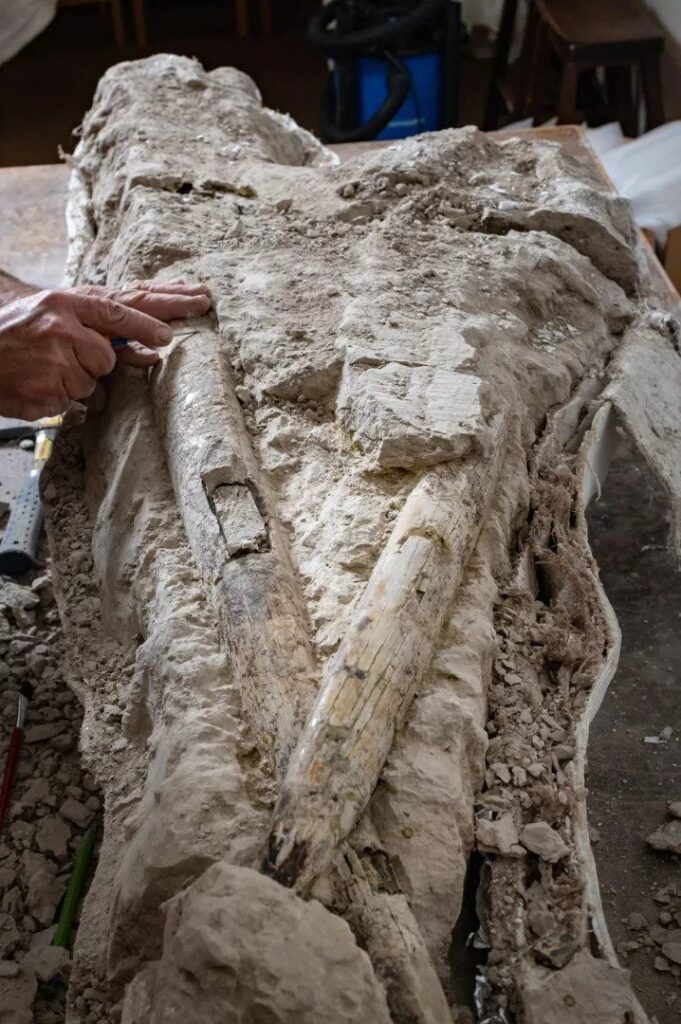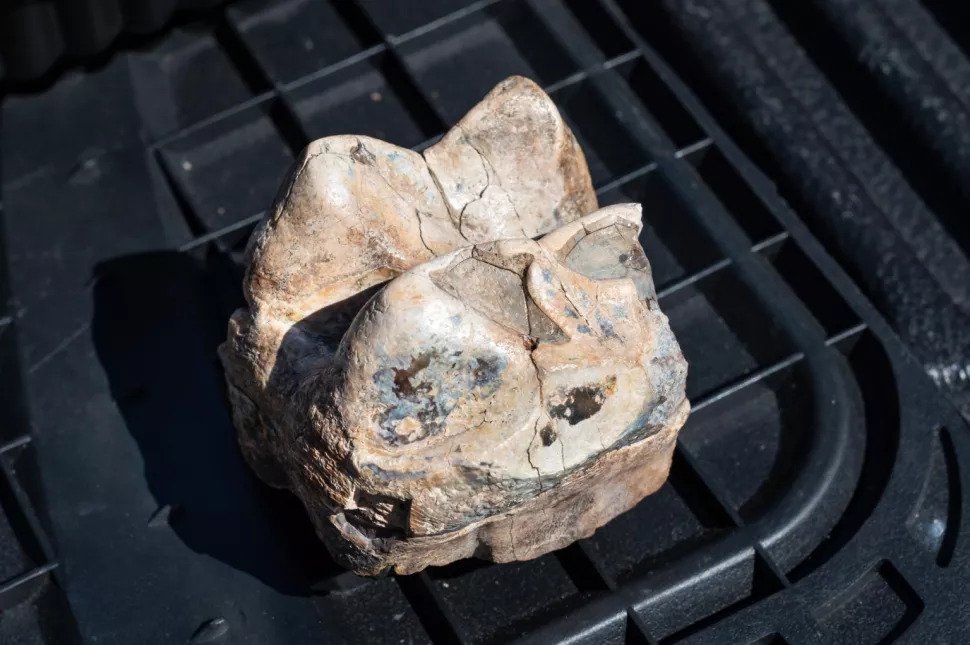Park Ranger Stumbles Upon Treasure Trove of Several-Million-Year-Old Fossils in Northern California
Park Ranger Stumbles Upon Treasure Trove of Several-Million-Year-Old Fossils in Northern California
According to SFGate, a park ranger exploring a petrified forest in California discovered a trove of prehistoric fossils, including a stunningly preserved mastodon skull and the remains of a 400-pound (181 kilograms) monster salmon.
Paleontologists unearthed dozens of fossil species near the Mokelumne River watershed in the foothills of the Sierra mountains southeast of Sacramento.
The fossil site dates back roughly 10 million years to the Miocene epoch and is one of the most significant such troves ever discovered in the Golden State.
“Few other fossil discoveries like this exist in California,” Russell Shapiro, a professor of paleontology and stratigraphy at California State University, Chico, told Chico State Today.
The site was discovered by accident.
Greg Francek, a ranger naturalist with the East Bay Municipal Utility District (EBMUD), which provides drinking water for the area, was strolling near the watershed when he noticed something that looked like wood but was smooth like stone, according to a statement from the EBUMD.
“I happened upon a petrified tree,” Francek said in a voice recording included with the statement.
“This tree was partially encased in the burial sediments, and because one end was exposed, I could see the tree rings inside.”
He looked around and discovered a second, then a third, and so on, and it suddenly dawned on him that he was walking in a petrified forest.
Frank returned over the next few weeks to conduct a more organized survey, and that’s when he found vertebrate fossils.
So he reached out to paleontologists and geologists, including Shapiro.
Shapiro didn’t expect to find much, but he was soon surprised: His team began excavating and saw the tip of a pearly bone, and as they etched away from the surrounding rock, a pair of tusks, teeth, and a skull began to emerge.
It was a mastodon, astonishingly preserved, Chico State Today reported.
“What you hope to find is a tip of a tusk,” Shapiro told CSU Today. “Not only do we have the tip, but we have the entire thing. And it’s just beautiful ivory. It’s mind-blowing.”
Over the past year, Shapiro and his colleagues have uncovered hundreds of animal specimens constituting dozens of species, all within a forest of 600 petrified trees.
Among the ancient species the team uncovered were:
- The giant fish, an ancestor to modern-day salmon.
- An extinct camel the size of a giraffe.
- The mastodon and the gomphothere are an ancestor to elephants.
The team has also found the remains of rhinos, giant tortoises, horses, and tapirs. The bones of these ancient creatures were likely carried to the region by floods and debris flows from volcanoes farther inland, Chico State Today reported.
When these long-lost creatures lived, the region would have been an oak forest fringed by an ancient ocean, according to Chico State Today.
For now, the research team is keeping the location of the fossil dig a secret. But those who want to see the mastodon will be able to view it at the university’s Gateway Science Museum in late fall.
